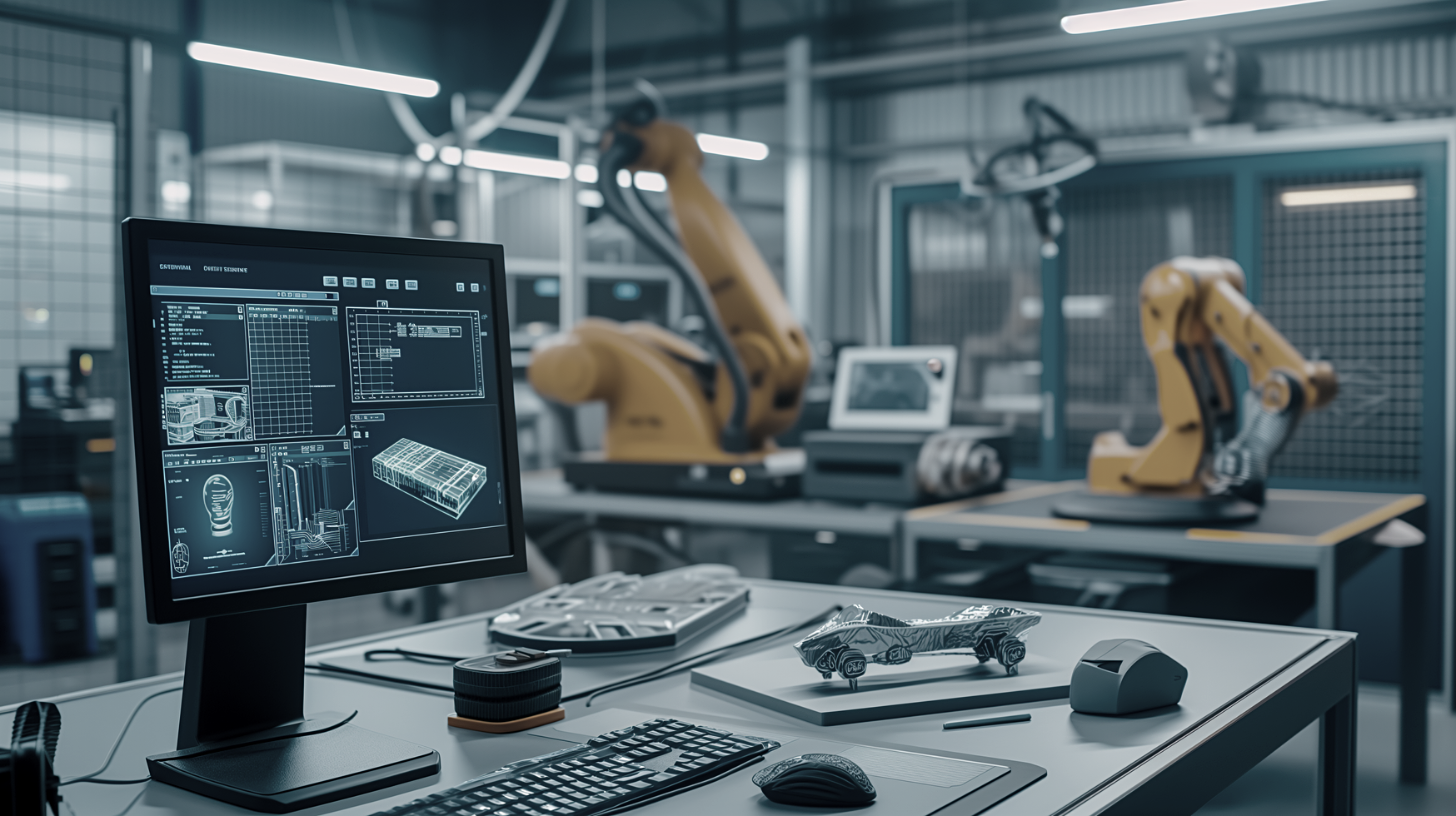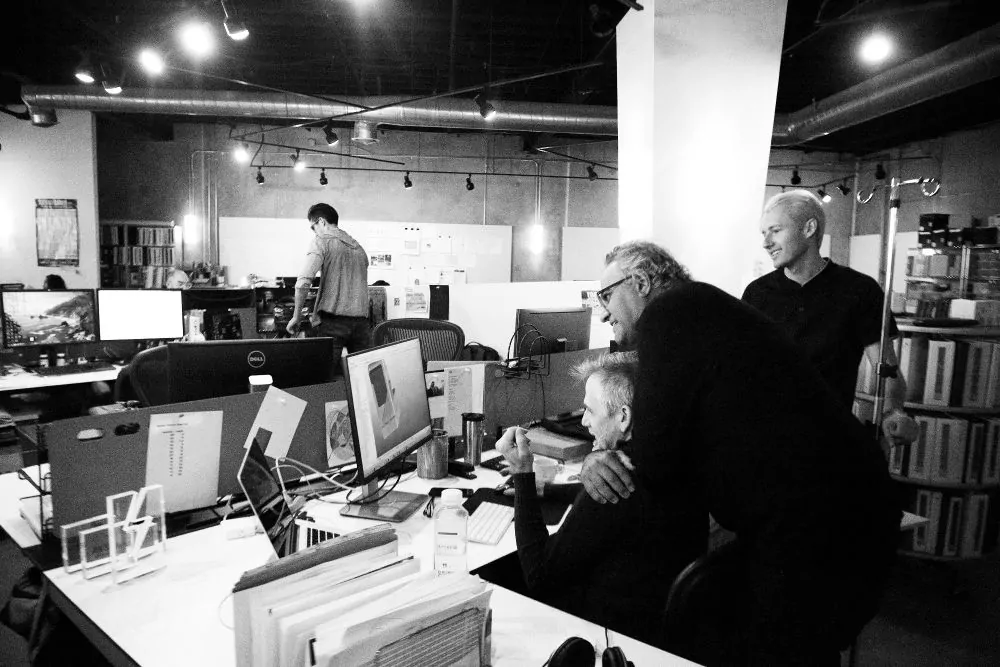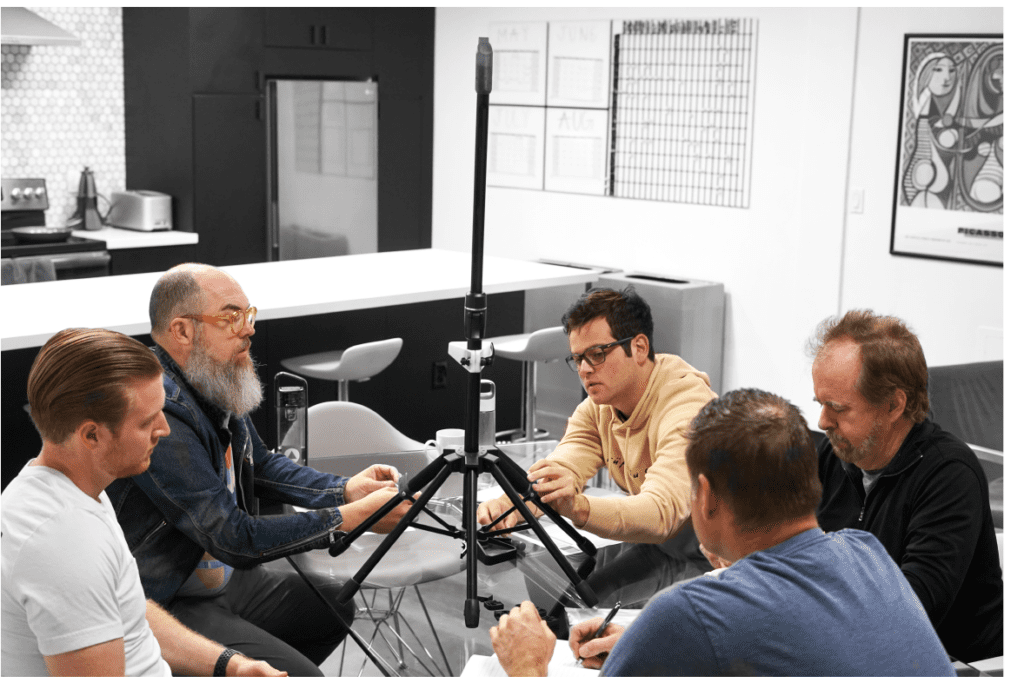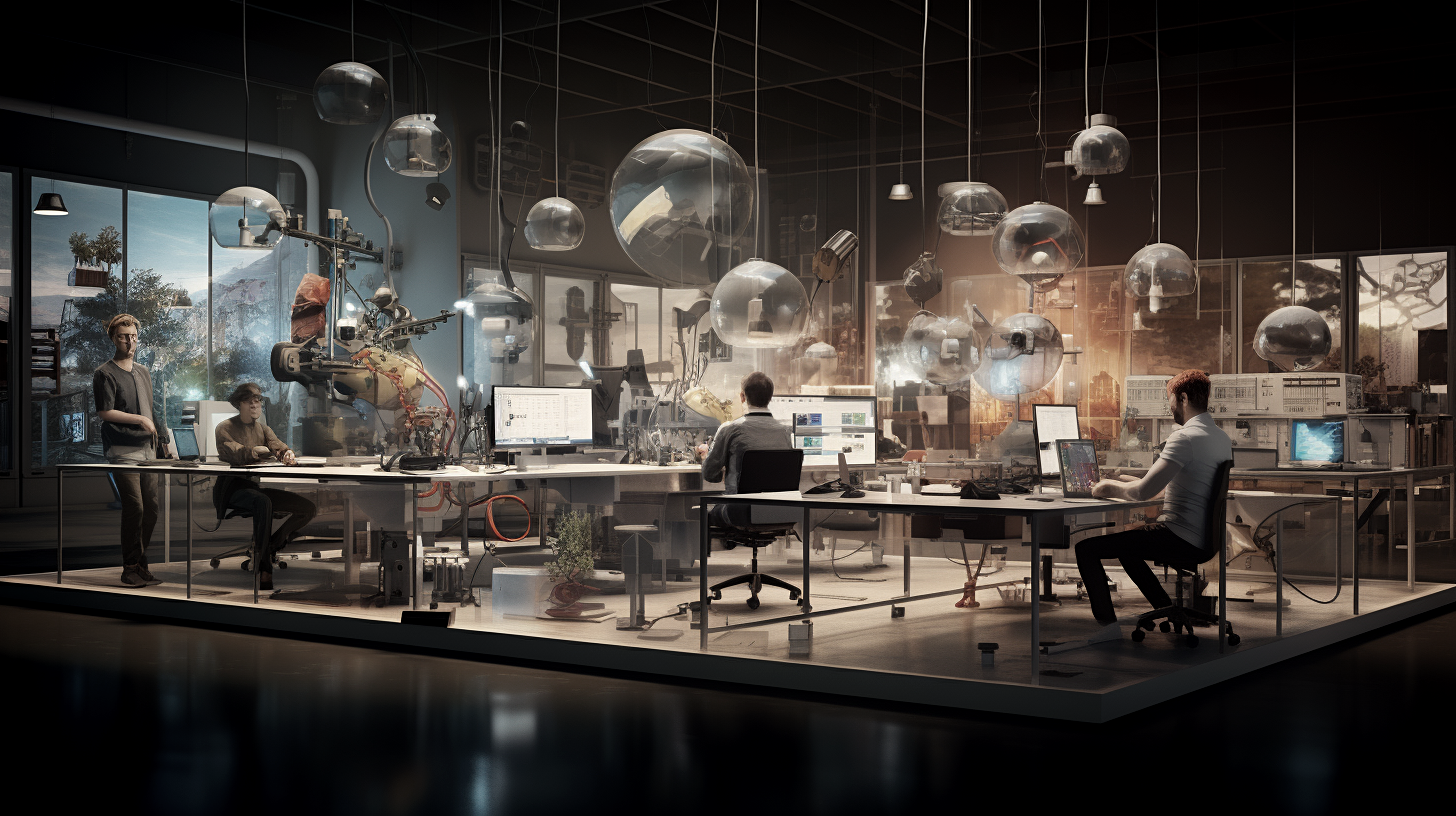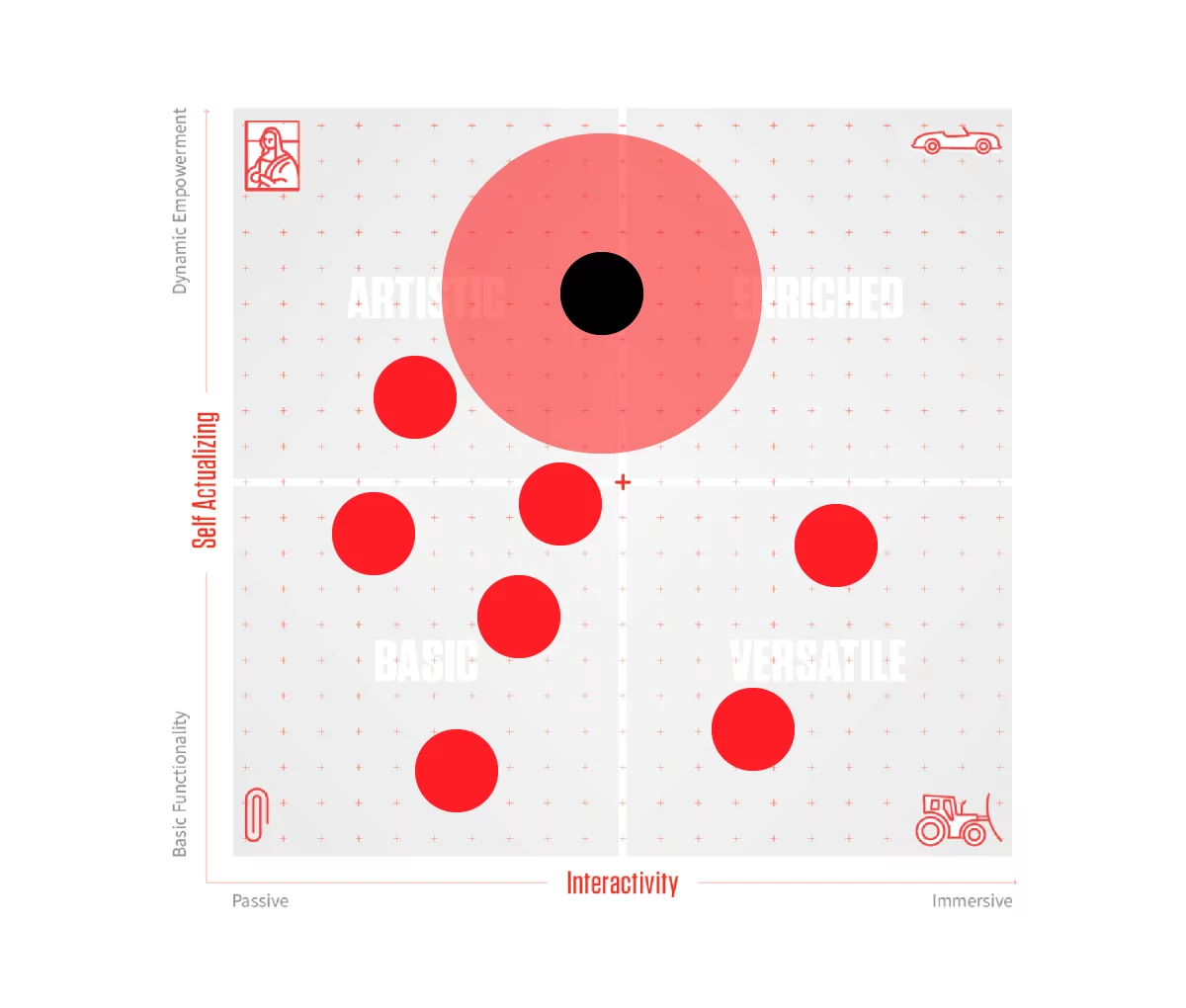We can all agree that “Design” has expanded beyond products and has continued to show the value it can bring to organizations. The Design Management Institute has done a great job of communicating the ROI that design led organizations gain by comparing performance against the S&P 500. While engaging with prospective clients, it is interesting to gain their thoughts around design organizations. Working in design consulting, we often hear people referencing their desire to be like Apple. However, many people aren’t aware of the steps that Apple took to dominate. From the beginning, they built a culture that focused on design and user experience.
The intriguing thing is many design firms have dropped their prototyping capabilities aside from a few 3D printers, their engineering teams, and outsourced this to local or overseas partners. For our team, it is critical to utilize all of the tools that our shop has to offer including 3D Printers, CNC Machines, Lathes, Band Saws, and a Spray Booth so we can toggle the fidelity level of the prototypes we are developing. If necessary, we even use clays and putty to create crude prototypes to evaluate forms and ergonomics on the fly. Whether we need form studies or fully functional appearance models, we can do this all in-house which saves weeks as we iterate and test designs throughout the process. While we don’t utilize all of our capabilities and services for every project and client, we can scale based on the needs of the work.
In the past, designers were thought to focus solely on aesthetics without thinking around the cost of goods or manufacturability, which can impact the success of a product. Having an internal engineering team working hand in hand with our design team is imperative. Even if we aren’t scoped for product engineering it is crucial to collaborate with our engineers to understand if there are better ways to approach a design based on manufacturing limitations or even cost considerations.
While designers and engineers often approach problems in different ways, it is always helpful to have both left and right brain thinkers working together to define the best approach and solution. Happy Engineering Week to the engineers who work closely with designers to make visions a reality. Thank you for working to help RKS move people through design and engineering to user experiences.


